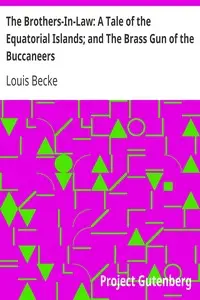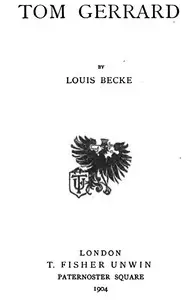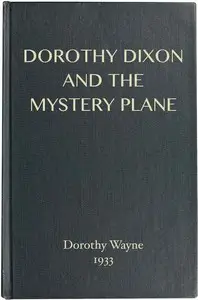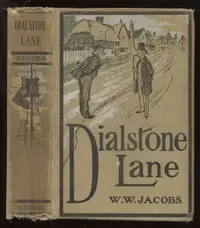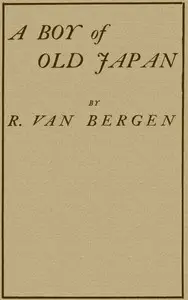"The Tapu of Banderah" by Louis Becke is a story unfolding among the islands of Melanesia, painting a vivid picture of early 20th-century cultural clashes. It explores the complicated relationship between European traders and the native populations, highlighting issues of trust and treachery. When the yacht "Starlight" appears in Mayou, old wounds reopen, particularly between Chief Banderah and the deceitful Captain Bilker. As tensions rise, a plan for revenge takes shape, aiming to punish wrongdoers from both the white and native communities. Amidst colonial exploitation and savage retribution. A trader, a missionary, and his wife find themselves entangled in a battle for survival, facing difficult moral decisions that test their values, which builds to an intense conclusion that uncovers the delicate nature of peace when faced with human nature.

The Tapu of Banderah 1901
By Louis Becke
In a world of treacherous traders and vengeful islanders, a deadly game of survival ignites when a yacht's arrival unearths deep-seated secrets and fuels a thirst for retribution.
Summary
About the AuthorGeorge Lewis Becke was at the turn of the nineteenth century, the most prolific, significant, and internationally renowned Australian-born writer of the South Pacific region. Having lived and worked among Pacific Islands and Islanders as a trader, ship's supercargo, and villager for some two decades, learning languages and observing natural and cultural life, Becke was prompted by J F Archibald of The Bulletin to write down his experiences, eventually becoming a popular and respected author of short stories, novellas, novels, as well as historic and ethnographic works.
George Lewis Becke was at the turn of the nineteenth century, the most prolific, significant, and internationally renowned Australian-born writer of the South Pacific region. Having lived and worked among Pacific Islands and Islanders as a trader, ship's supercargo, and villager for some two decades, learning languages and observing natural and cultural life, Becke was prompted by J F Archibald of The Bulletin to write down his experiences, eventually becoming a popular and respected author of short stories, novellas, novels, as well as historic and ethnographic works.



